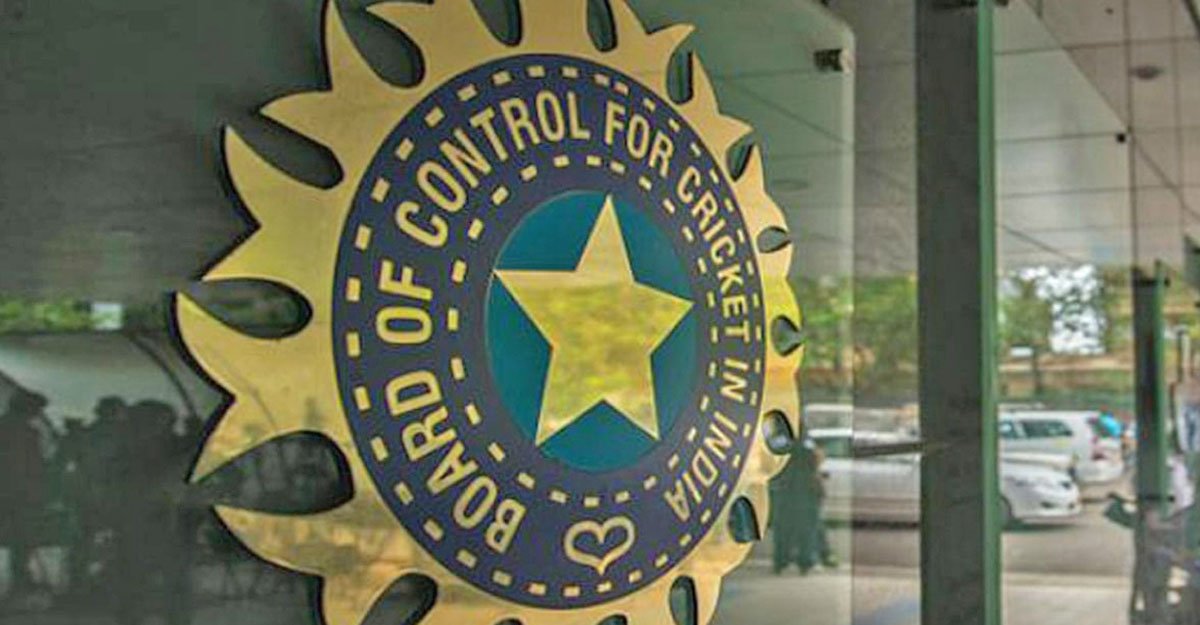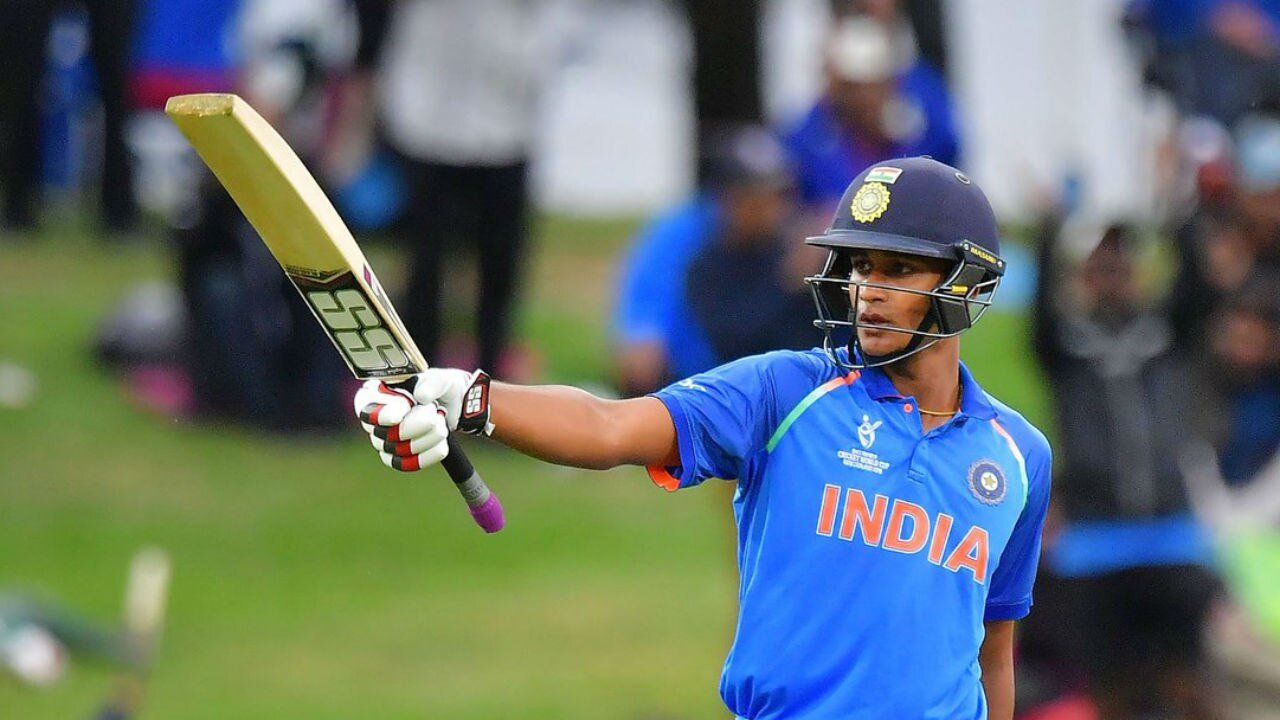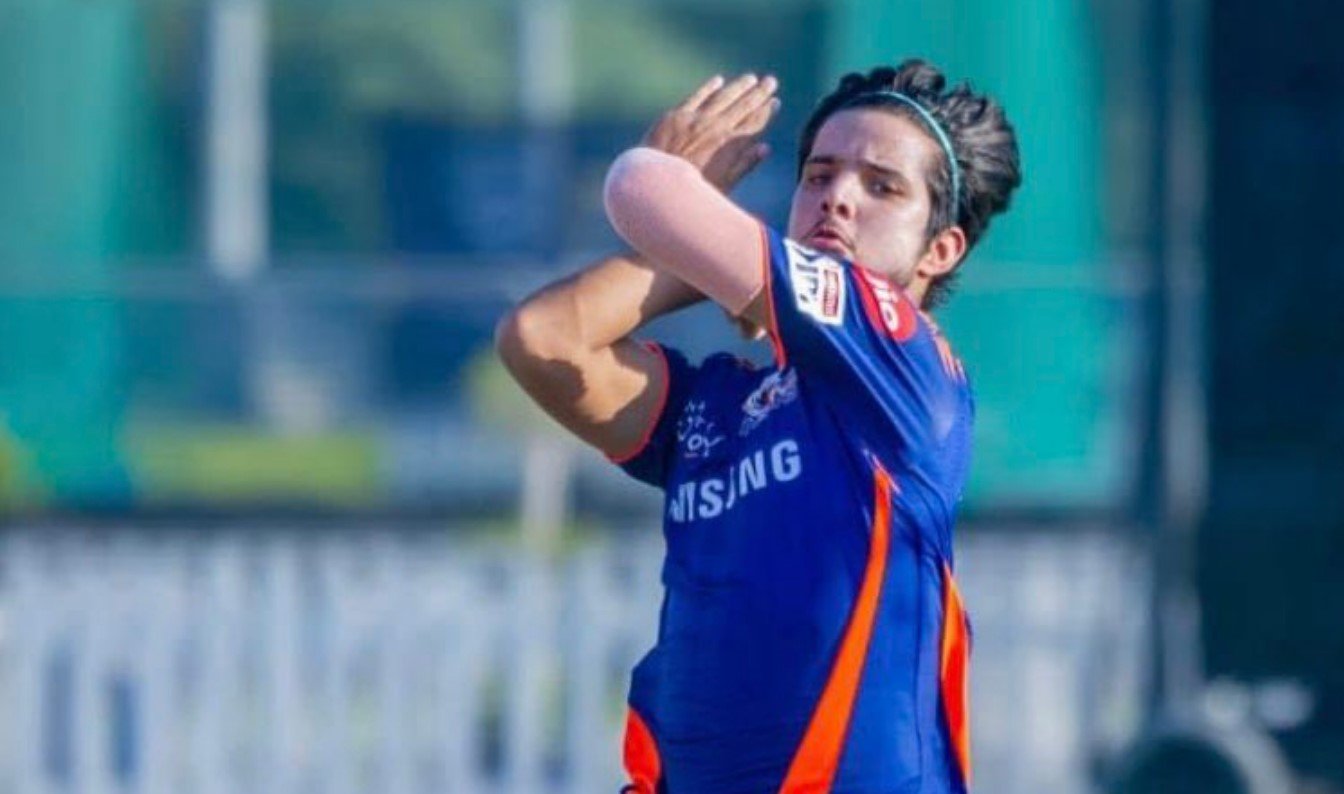BCCI Aims To Cut Costs By 80 Percent With Experiment On Age Detection Software

The BCCI will use an experimental programme to identify age fraud with the conventional TW3 approach, with the goal of saving up to 80% of the expenditures.
BCCI has a strict zero-tolerance policy for age fraud. It now uses the TW3 technique (based on X-rays of the left hand and wrist) to determine the age.
The existing approach costs Rs 2400 per bone test and takes 3-4 days, but the suggested use of BoneXpert Software provides instant results for only Rs 288.

Rasikh Salam And Manjot Kalra Have Been Found Guilty Of Age Fraud By The BCCI
“The X-rays are taken at the respective home centres of state associations at the X-ray centre in the presence of an independent BCCI observer and sent to the BCCI AVP Department. BCCI AVP department collates them in a proper format and sends them to two (2) independent radiologists on the BCCI panel for interpretation of bone age.
Reporting also takes time since we have about 4 radiologists doing ratings of 38 associations and every radiologist does an interpretation of about 8-9 associations.
“It can take any time between one day to three-four days to get the reporting of associations from the consultants depending upon the workload on them and the number of players. The entire process takes around two (2) months to be completed,” a BCCI note read.

Rasikh Salam, a Jammu and Kashmir pacer, was banned for two years in June 2019 after being found guilty of providing a false birth certificate.
Manjot Kalra of the U-19 World Cup, Kolkata Knight Riders and Delhi batter Ankit Bawne are among the cricketers found guilty of lying about their age.
The BCCI created a voluntary disclosure mechanism in August 2020 for registered players to report whether they have altered their date of birth.
The BCCI bans any cricketers who commit age fraud, including senior men and women, for two years.
About the Author

This author is a member of Cricketaddictor who writes news and analysis related to cricket.










